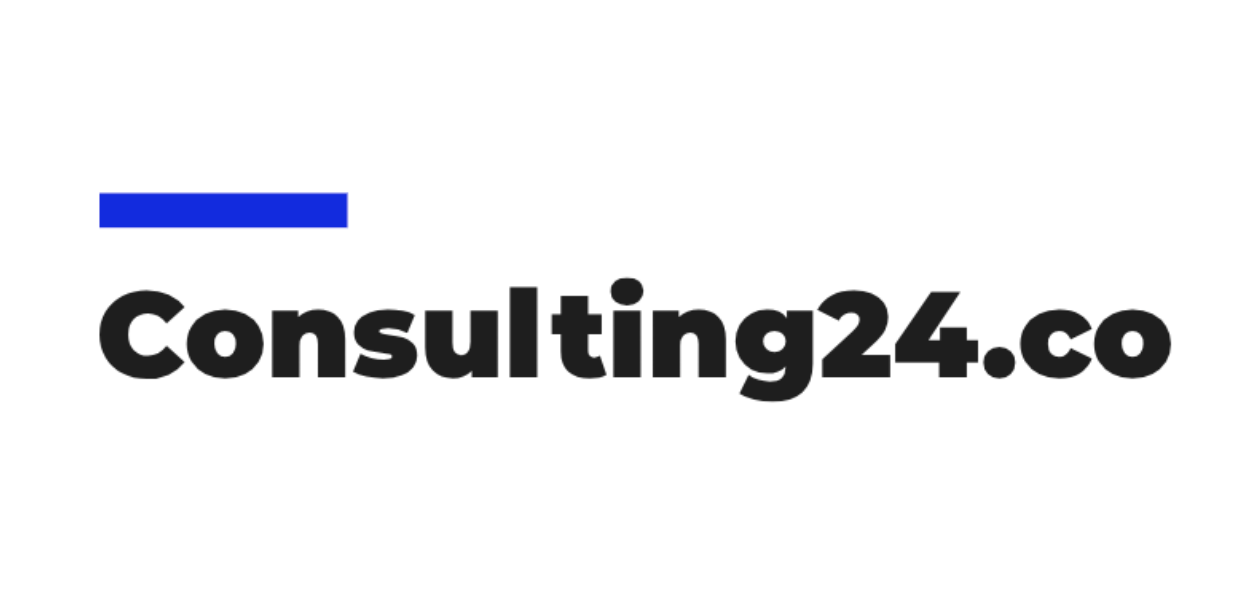cryptocurrency license in lithuania: A Comprehensive Guide to Navigating the Regulatory Landscape
As the world embraces the digital revolution, cryptocurrencies have emerged as a popular form of digital currency. However, with the rise in popularity comes the need for regulations to protect consumers and combat potential misuse. Lithuania, with its progressive approach towards blockchain and digital technologies, has become an attractive jurisdiction for businesses looking to obtain a cryptocurrency license. In this article, we provide a comprehensive guide on navigating the regulatory landscape to obtain a cryptocurrency license in Lithuania.
The first step towards obtaining a cryptocurrency license in Lithuania is understanding the legal framework. The country’s regulatory framework is built on the European Union’s Anti-Money Laundering (AML) and Combating the Financing of Terrorism (CFT) directives. This means that companies seeking a license must adhere to strict AML and CFT regulations.
To begin the licensing process, companies must establish a legal entity in Lithuania. Once the legal entity is established, businesses must submit an application to the Bank of Lithuania, the country’s central bank, along with supporting documents. These documents include a whitepaper detailing the business model, AML and CFT policies, and risk assessment procedures.
The Bank of Lithuania conducts a thorough evaluation of the application, focusing on the applicant’s financial stability, cybersecurity measures, and compliance with AML and CFT regulations. It is crucial to ensure that all the required documentation is complete and accurate to avoid delays or rejection.
Upon successful evaluation of the application, the Bank of Lithuania issues a license to operate as a cryptocurrency service provider. The license allows businesses to conduct activities such as exchanging cryptocurrencies for fiat currency, offering custodial wallets, and facilitating remittances.
Obtaining a cryptocurrency license in Lithuania not only provides businesses with legal certainty but also instills trust and credibility among consumers. The license signifies compliance with strict regulations, ensuring the safeguarding of customer funds and protection against illicit activities.
It is important to note that maintaining compliance with the regulatory framework is an ongoing process. License holders must regularly update their procedures and policies to address emerging risks and changes in regulations. Failure to comply with the obligations set forth by the Bank of Lithuania may result in the revocation of the license.
In conclusion, Lithuania’s progressive approach towards cryptocurrencies and blockchain technology has made it an attractive jurisdiction for businesses seeking a cryptocurrency license. Navigating the regulatory landscape involves establishing a legal entity, submitting a comprehensive application to the Bank of Lithuania, and adhering to AML and CFT regulations. Obtaining a cryptocurrency license not only ensures compliance but also enhances trust and credibility in the burgeoning cryptocurrency industry. Lithuania’s well-regulated environment provides businesses with the opportunity to thrive in the evolving digital landscape.
——————-
Article posted by:
Consulting24.co
https://www.consulting24.co/
Consulting24 is the fastest-growing consultancy company in Estonia, Lithuania & Dubai by volume and has obtained over 500 crypto licenses.

